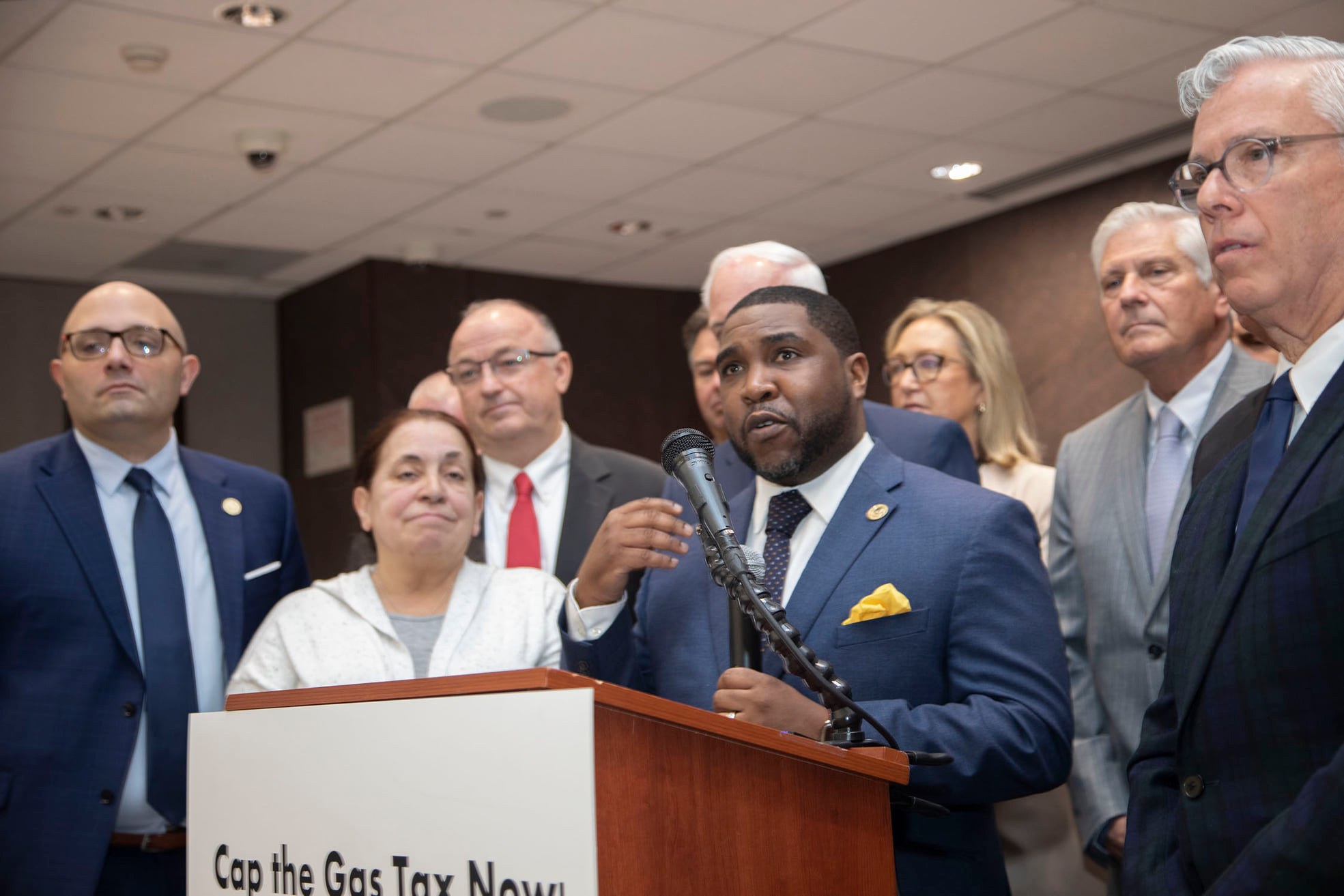Suffolk County unanimously adopted IR 1337-2022, which suspends the County’s sales tax on gasoline over $3.00. The measure will begin on June 1 and expires on December 31. Suffolk County joins Nassau County, which previously passed similar legislation, in this effort.
What this means is that gasoline would be subject to the sales tax up until $3.00. Every cent above the $3.00 threshold would be exempt from sales tax. The new, temporary tax structure would mean that both counties will be collecting sales tax receipts for gasoline based on the 2020 price for gasoline.
In Suffolk, this is expected to decrease sales tax receipts by 15 million dollars – a relatively small amount compared to the greater budget.
“The tax cap in both Suffolk and Nassau counties will not negatively affect budgeted figures on tax collection for this year, as tax revenues already collected based on the high and steady price increases at the pump have given the county budget room to put a cap on the county tax added to each gallon of gasoline,” said Presiding Officer of the Suffolk County Legislature Kevin McCaffrey.
In the first quarter of 2022, Suffolk County collected 95 million dollars in tax receipts from gasoline purchases, much more than usual.
Suffolk County Executive Steve Bellone joined Nassau County Executive Bruce Blakeman, along with members of the Suffolk County Legislature, at the Rose Caracappa Auditorium, in the William Jay Lindsay County Complex in Hauppauge to announce the passage of the bill. It was the belief of those in attendance that the problem of high gasoline prices does not stop at the county line, with residents in both counties benefiting from the policy.
The legislation had bipartisan support in both jurisdictions, with Minority Leader of the Suffolk County Legislature Jason Richberg saying, “I feel strongly that this legislation will play a part in helping relieve the burden our residents are carrying in these uncertain times.”
Rising fuel prices and record inflation prompted these jurisdictions to pursue a tax cap to mitigate costs for taxpayers.







